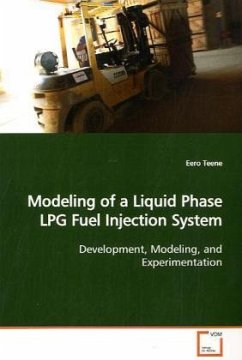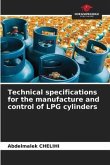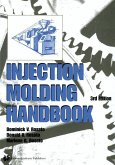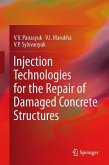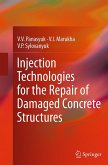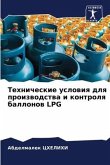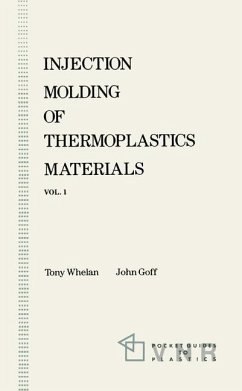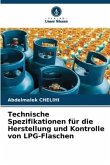Liquid phase Liquid Petroleum Gas (LPG) is a
developing alternative fuel system for engines which
can provide the emission benefits of LPG and the
power of a gasoline engine. LPG is traditionally used
in the gas phase, but has limited power and emission
benefits when used this way. Modeling the fuel system
is a necessary method to predict and analyze the
state of the fuel to ensure the fuel is in the proper
phase during fuel injection. LPG fuel used in the
liquid phase is much more sensitive to vapourization
than typical liquid fuels, such as ethanol, gasoline,
or diesel. Previous fuel system models using
isothermal assumptions are unsuitable because of
this. New dynamic and steady state models were
developed using thermodynamic fluids instead. The new
models predict both the thermal and pressure behavior
of liquid phase LPG fuel systems. Separate model
components were constructed for each component in the
fuel system to allow them to be used as design tools.
A series of experiments were conducted to verify the
accuracy of the models and to investigate the causes
of different fuel pressure fluctuations. The work
presented was conduced as a research project at
Dalhousie University.
developing alternative fuel system for engines which
can provide the emission benefits of LPG and the
power of a gasoline engine. LPG is traditionally used
in the gas phase, but has limited power and emission
benefits when used this way. Modeling the fuel system
is a necessary method to predict and analyze the
state of the fuel to ensure the fuel is in the proper
phase during fuel injection. LPG fuel used in the
liquid phase is much more sensitive to vapourization
than typical liquid fuels, such as ethanol, gasoline,
or diesel. Previous fuel system models using
isothermal assumptions are unsuitable because of
this. New dynamic and steady state models were
developed using thermodynamic fluids instead. The new
models predict both the thermal and pressure behavior
of liquid phase LPG fuel systems. Separate model
components were constructed for each component in the
fuel system to allow them to be used as design tools.
A series of experiments were conducted to verify the
accuracy of the models and to investigate the causes
of different fuel pressure fluctuations. The work
presented was conduced as a research project at
Dalhousie University.

